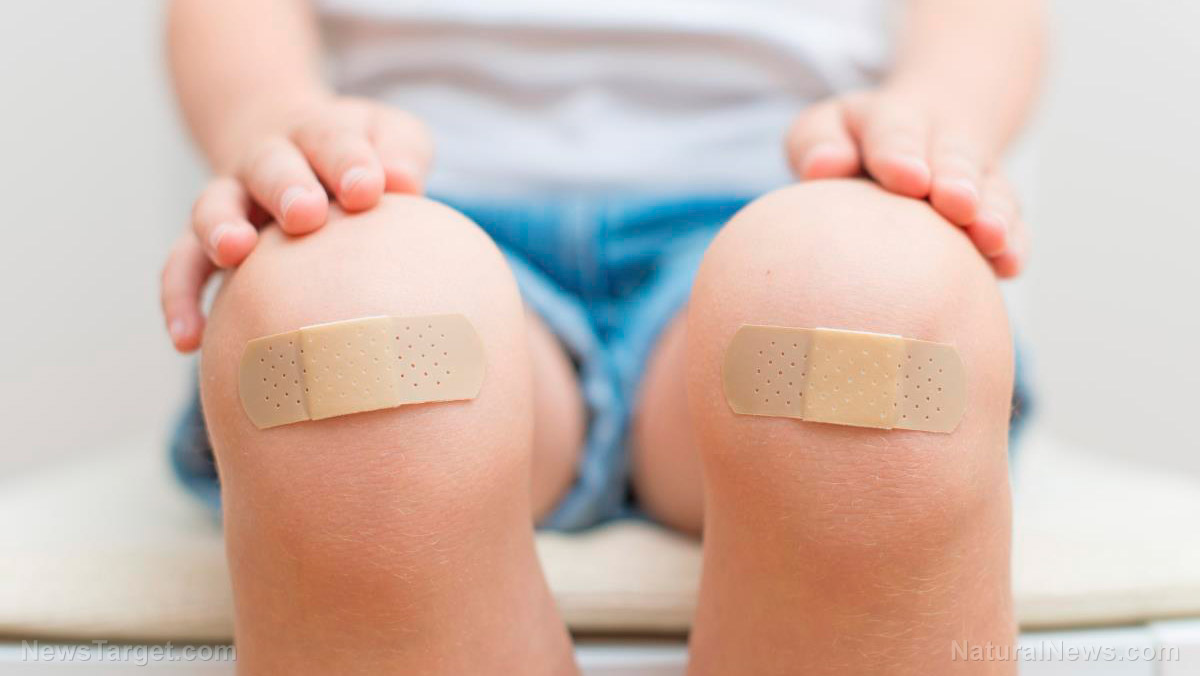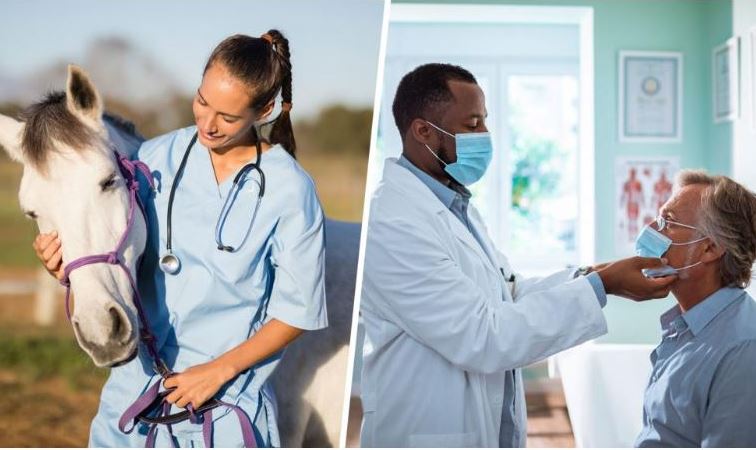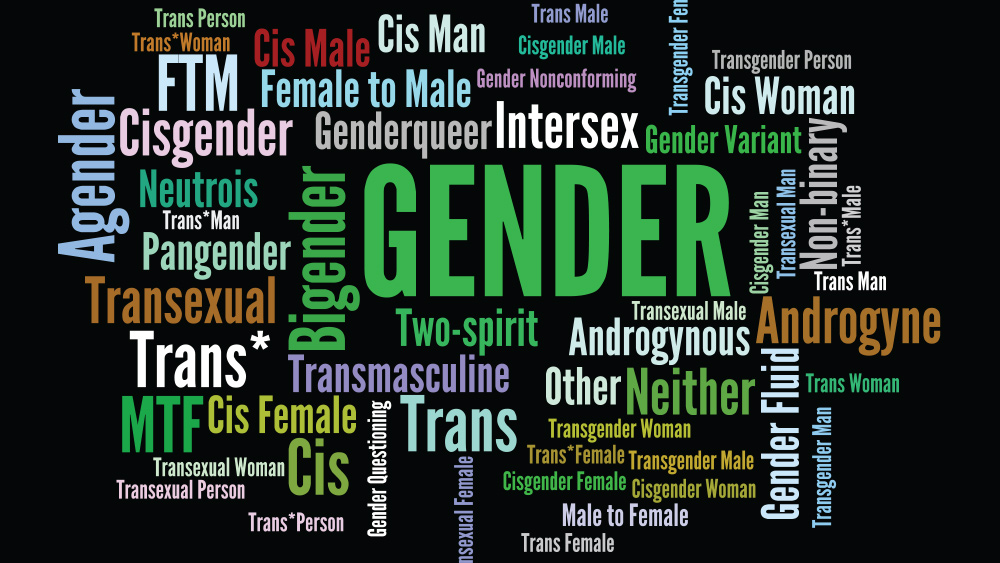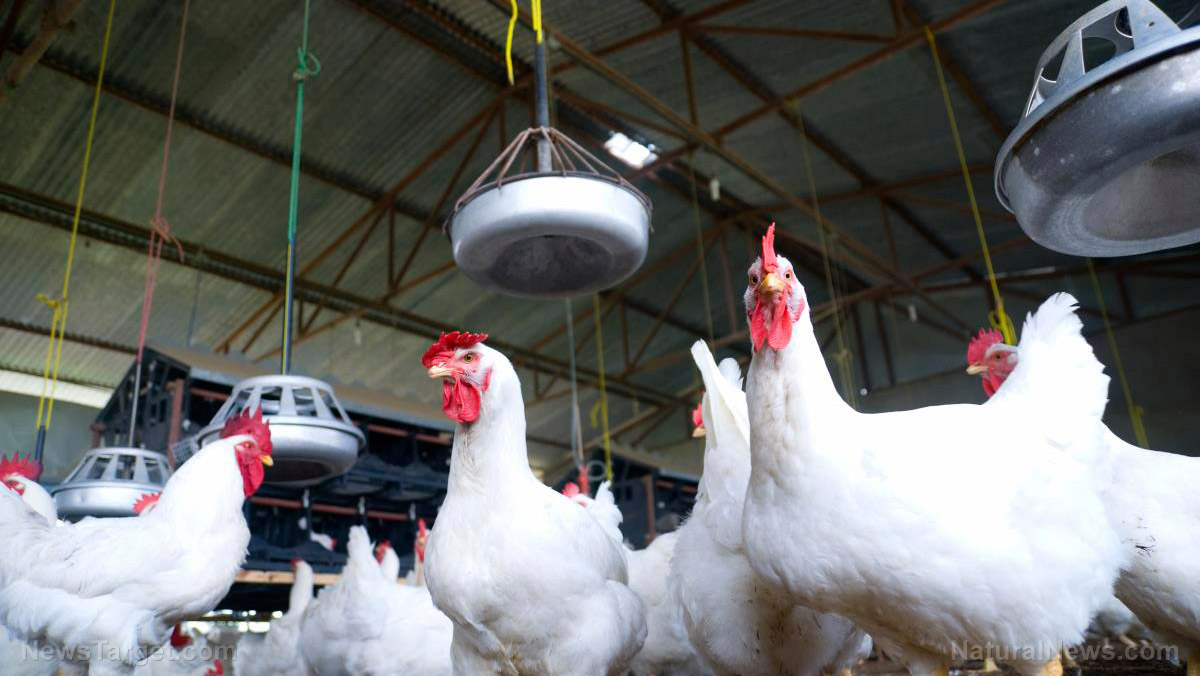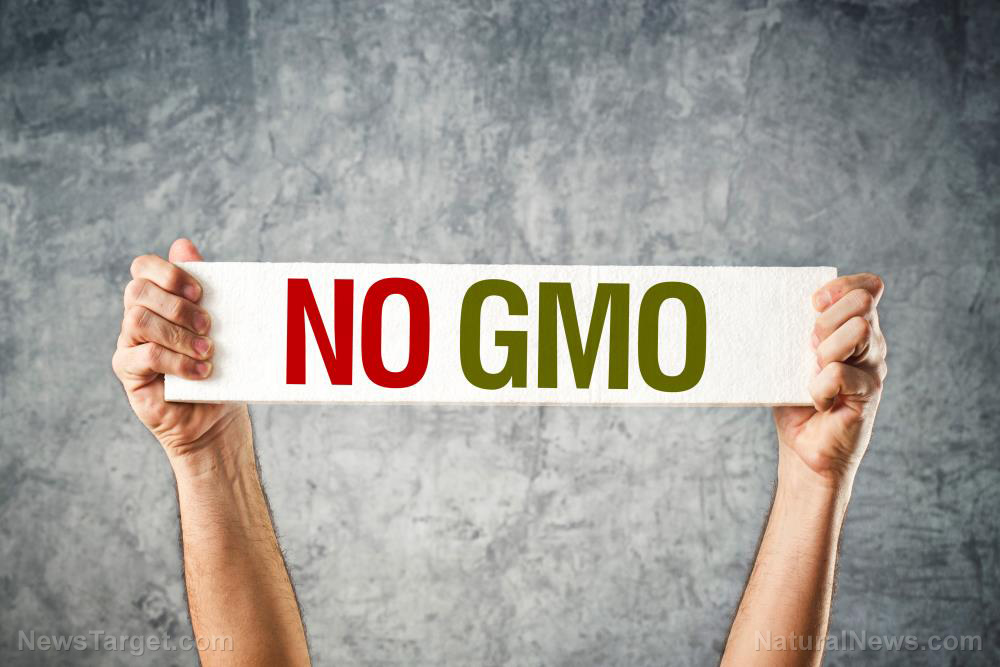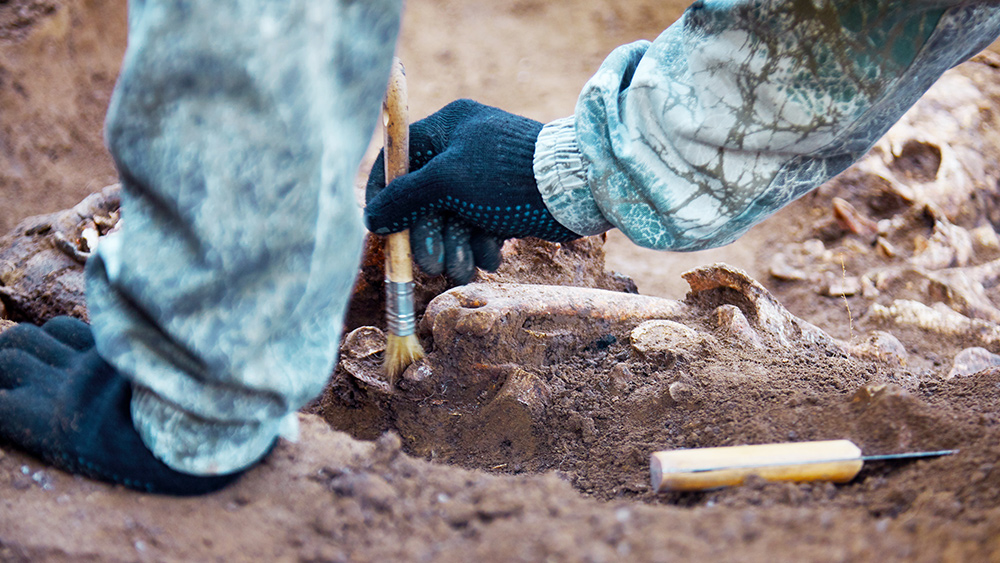mRNA COVID jabs caused one in four Saudis to suffer heart issues, “bombshell” study finds
04/09/2024 / By Ethan Huff

New research out of Saudi Arabia has found that a shocking 27.11 percent of, or a little more than one in four, people who got “vaccinated” for the Wuhan coronavirus (COVID-19) suffered heart-related complications within a month to more than a year after injection.
Microbiologist and immunologist Muazzam M. Sheriff and colleagues at Ibn Sina National College for Medical Studies and King Faisal General Hospital noted that more than a quarter of COVID jab recipients suffered some kind of cardiac complication after getting the mRNA variety of shot, made by either Pfizer and BioNTech or Moderna.
Nearly 15 percent of mRNA jab recipients reported experiencing heart-related symptoms within one month of injection, while others reported heart problems upwards of a year or more after doing the deed.
TrialSite News is calling Sheriff’s study a “bombshell,” with founder Daniel O’Connor telling The Defender that “the rate of hospitalized cases was certainly notable, especially given the existing cardiac myocarditis and pericarditis signal associated with the vaccines.”
(Related: Dr. Geert Vanden Bossche says that the genocide from Operation Warp Speed has only just begun.)
Destroying the heart
According to Dr. Peter McCullough, nearly 16 percent of all COVID jab recipients who developed cardiovascular symptoms had to be rushed to an intensive care unit (ICU) for treatment – that is how bad their symptoms were.
“More than half of subjects indicated they were influenced by a healthcare professional or government agency to get vaccinated,” McCullough is quoted as saying.
“Never in recent times has there been such a cardiotoxic vaccine released on the public.”
Concerning the long-term impact of the shots, O’Connor added that many such cases of heart problems are being reported sometimes several years post-injection.
“The surge in cardiac-related incidents in the news over the last year or two doesn’t comfort one either,” he added.
Published in the medical journal Cureus, the new study out of Saudi Arabia looked at 804 participants, 379 of whom are men and 425 of whom are women. All of them received at least one dose of an mRNA shot.
About 40 percent of the participants took just one shot, meaning they did not complete even the initial two-shot series, let alone get any “booster” shots.
Nearly 10 percent of the participants had to receive medical care for their injuries for more than 12 months while 7.11 percent were undergoing some kind of continuous and ongoing treatment at the time of the survey.
Amazingly, only about 20 percent of study participants indicated that they believe their cardiac symptoms were “strongly related” or “somewhat related” to the injections. A full 65 percent were either “neutral,” “somewhat not confident,” or “not confident at all” that the shots were to blame.
Nearly half of the participants have diabetes or hypertension, and about 40 percent are obese. Just over 22 percent reported other sedentary lifestyle-related health issues.
“Despite the bias of recruitment strategy to find patients with cardiovascular side effects from mRNA, these are large percentages requiring hospital and or ICU care,” McCullough further commented.
“More data are needed on these cases including diagnosis, treatment and outcomes such as recurrent hospitalization and death.”
More investigation is needed, the study authors claim, to make any kind of definitive declarations about the matter. This is always what they say to avoid placing direct blame on the shots for anything.
TrialSite News called it “a strong study in regard to methodology, relevance and ethical considerations,” noting that the authors seemed to “downplay the magnitude of the response” despite what “seems like an awfully high rate” of cardiac complications.
Everyone who got jabbed for COVID will eventually regret that decision. Find out more at ChemicalViolence.com.
Sources for this article include:
Submit a correction >>
Tagged Under:
Big Pharma, biological weapon, chemical violence, covid-19, health science, heart disease, heart health, mRNA, pharmaceutical fraud, real investigations, research, Saudi Arabia, spike protein, vaccination, vaccine damage, vaccine injury, vaccine wars, vaccines
This article may contain statements that reflect the opinion of the author



